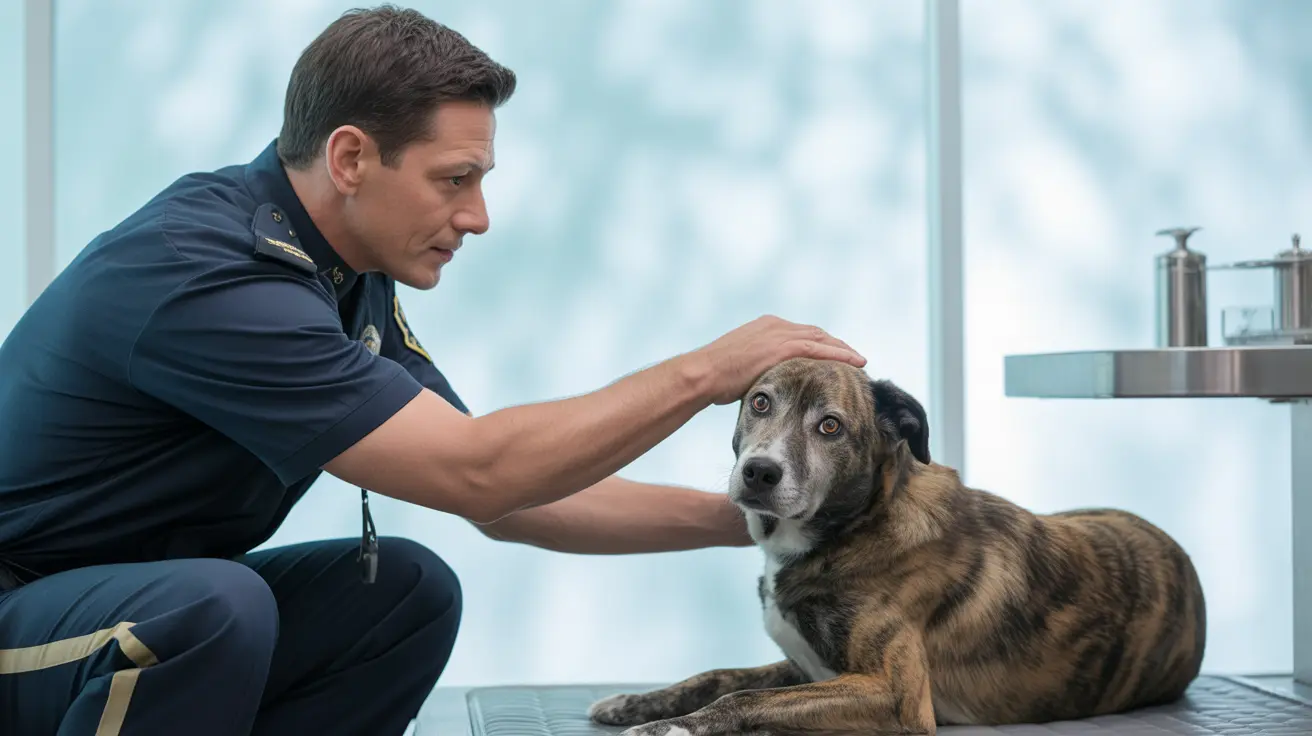Introduction
Have you ever wondered why your feline friend occasionally treats you to a sandpaper-like tongue bath? This peculiar yet endearing behavior of cats licking humans has fascinated pet owners and scientists alike. While it might seem strange to us, this action carries deep significance in the world of feline communication and social bonding.
Cat licking behavior serves multiple purposes in their social and physical well-being, from expressing affection to establishing territory. Understanding why cats engage in this behavior can help strengthen the cat-human relationship and ensure both you and your pet maintain a healthy, balanced interaction.
In this comprehensive guide, we'll explore the various reasons behind this fascinating behavior, its implications for your relationship with your cat, and how to manage it effectively when necessary.
The Natural Importance of Grooming in Feline Life
Cats are meticulous groomers by nature, dedicating up to 8% of their waking hours to self-care routines. This grooming behavior is an essential part of their daily lives and offers many benefits that go far beyond simply keeping their fur tidy. Through grooming, cats manage several physical and social needs that are crucial to their overall health and happiness:
- Maintaining physical hygiene: Regular grooming removes dirt, loose fur, and external parasites, keeping the cat clean and healthy.
- Regulating body temperature: By licking their fur, cats help distribute natural oils, which aids with insulation and temperature regulation.
- Strengthening social bonds through mutual grooming: Grooming is often a group activity among cats and helps reinforce trust and companionship within feline communities.
- Reducing stress and anxiety: The act of grooming soothes cats and provides comfort during stressful moments, acting as a natural coping strategy.
- Marking territory with their scent: As they groom, cats deposit their scent on their fur and surroundings, subtly marking their territory for security and familiarity.
Signs of Cat Affection Through Licking
When it comes to cats expressing love, licking ranks high among their preferred methods of showing affection. This behavior, known as social grooming or allogrooming, is deeply rooted in feline instinct and serves as one of the most sincere cat trust signals. A cat's decision to lick a human is not random; it is a sign that she feels safe and comfortable in your presence, and wants to extend her affection in the way she would to another trusted cat in her group.
Understanding Territory Marking Through Licking
Cats marking territory isn't limited to spraying or scratching. Through licking, they transfer their scent to claim you as part of their social group. This action allows them to communicate ownership and familiarity, essentially telling other cats or animals that you are "theirs." Such territorial cat behavior fosters their sense of safety and belonging within the home environment.
The Role of Cat Social Grooming
Social grooming plays a vital role in cats bonding with humans and other animals. When your cat licks you, she is participating in a ritual that helps build and maintain social ties. By exchanging scents and grooming behaviors, cats develop a shared scent profile with their social group, which includes their favorite people. This not only strengthens the bond but also reduces tension and anxiety within the household.
Attention Seeking Cats and Licking Behavior
Some cats learn that licking gets them attention from their human companions. Even unintentional reinforcement, such as petting or talking, can encourage this practice. Over time, attention seeking cats may develop more frequent licking habits as a way to initiate interaction and solicit affection, playtime, or even food from their owners.
Medical Considerations and Safety
While cats licking humans is generally harmless, understanding cat licking safety is essential. In some situations, excessive licking can indicate that something is amiss with your cat's health or emotional well-being. It's important to observe your cat's licking patterns and be attentive to any sudden or drastic changes.
When to Be Concerned About Medical Reasons Cat Licks
Be vigilant for these warning signs that could indicate an underlying medical or behavioral issue. Cats are subtle creatures and often use grooming habits to soothe discomfort:
- Sudden increase in licking frequency that seems out of character for your cat
- Obsessive or compulsive licking behavior, to the point where it interferes with normal activities
- Accompanying signs of distress or discomfort, such as hiding, vocalizing, or aggression
- Changes in regular eating or sleeping patterns, which could signal a broader health issue
If any of these signs are present, it's best to consult your veterinarian to ensure your cat receives proper care and treatment.
Managing Unwanted Licking Behavior
If you need to address excessive licking, several cat licking solutions are available. It's important to approach this with patience and understanding, since this behavior often stems from natural urges or emotional needs. Consider the following strategies for managing and redirecting your cat's licking:
- Redirect attention to toys or treats: Offering an engaging toy or a tasty treat can help shift your cat's focus away from licking you.
- Provide environmental enrichment: Make sure your cat has plenty of stimulation, such as scratching posts, puzzle feeders, or interactive playtime, to satisfy her instincts and prevent boredom.
- Establish consistent boundaries: Gently but firmly discourage unwanted licking by removing your hand or walking away when it occurs, so your cat learns that this behavior doesn't result in attention.
- Consult with a veterinarian if behavior persists: Persistent or escalating licking may require professional guidance to rule out medical or behavioral problems.
Frequently Asked Questions
- Why do cats lick humans? Cats lick humans for various reasons, including grooming instincts, displays of affection, stress relief, curiosity, marking territory, or in some cases, due to health issues.
- Is licking a sign of affection in cats? Yes, licking is often a genuine sign of trust and affection, showing that your cat feels safe and bonded to you.
- Do cats lick to mark their territory? Cats may lick to leave their scent, essentially claiming you as part of their territory and signaling social belonging.
- Can licking be a sign of stress in cats? Frequent or excessive licking can indicate stress, anxiety, or compulsive grooming behavior that may need to be addressed.
- Why does my cat prefer licking one person? Cats often form stronger bonds with individuals who spend more time caring for or interacting with them, resulting in preferential licking behavior.
- Is it safe to let my cat lick me? Occasional licking is safe, but it's best to avoid letting your cat lick open wounds or sensitive areas to reduce the risk of infection.
- What does a cat's tongue feel like? A cat's tongue feels rough or sandpapery because it is covered in tiny papillae that help groom fur and scrape meat from bones.
- How can I stop my cat from excessive licking? Divert attention using toys, increase daily stimulation, establish boundaries, and seek veterinary advice if the behavior continues.
- Can cat licking indicate medical issues? Yes, sudden or excessive licking may signal allergies, pain, anxiety, or skin problems, and veterinary consultation is recommended in such cases.
- Does licking help cats bond with humans? Yes, this behavior is an important part of forming and maintaining a strong social connection between cats and their human family members.
Conclusion
Understanding why cats lick humans enriches our appreciation for these complex creatures and their unique ways of showing affection. Whether it's a sign of love, a way to mark territory, or a call for attention, this behavior represents an important aspect of feline communication that helps strengthen the special bond between cats and their human companions. By recognizing your cat's needs and responding appropriately, you can nurture a deeper, more rewarding relationship with your feline friend.






